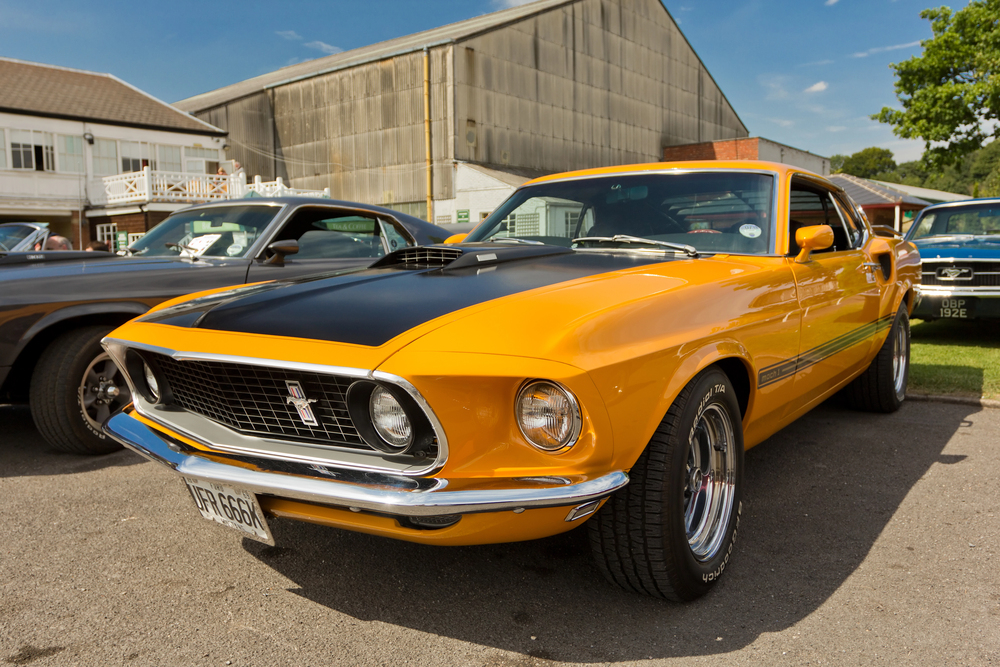Car factories aren’t just places where vehicles are assembled, they’re often monuments to engineering, innovation, and design. Some of these manufacturing plants have become legendary for their architecture, history, or revolutionary production techniques. They’ve witnessed the evolution of mobility firsthand and helped shape entire industries. With their deep cultural and technological significance, many of these sites deserve recognition far beyond their industrial role. These 15 iconic car factories might just be worthy of World Heritage status.
Ferrari – Maranello, Italy
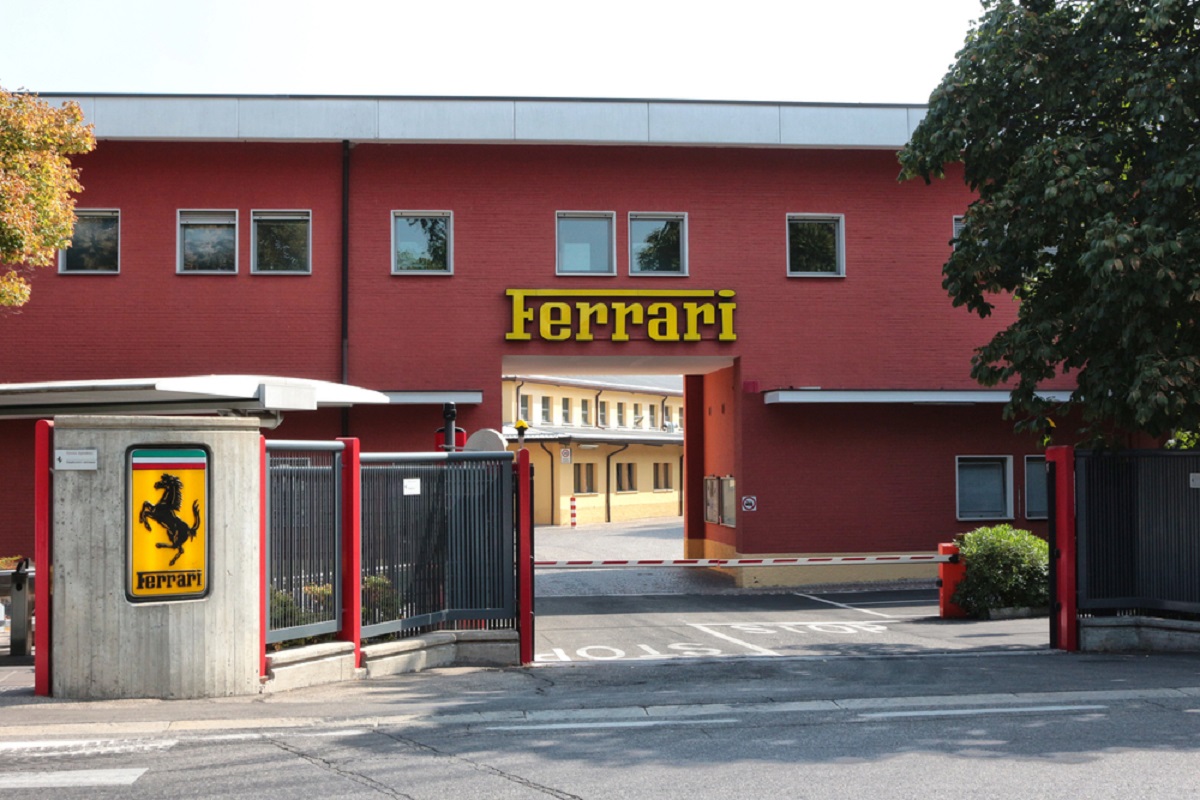
The Ferrari factory in Maranello isn’t just where supercars are made, it’s a shrine to performance and passion. Since 1947, this plant has handcrafted some of the world’s most beloved exotics. From the test track to the red-brick architecture, it feels like automotive royalty in action.
Ford Rouge Complex – Dearborn, Michigan
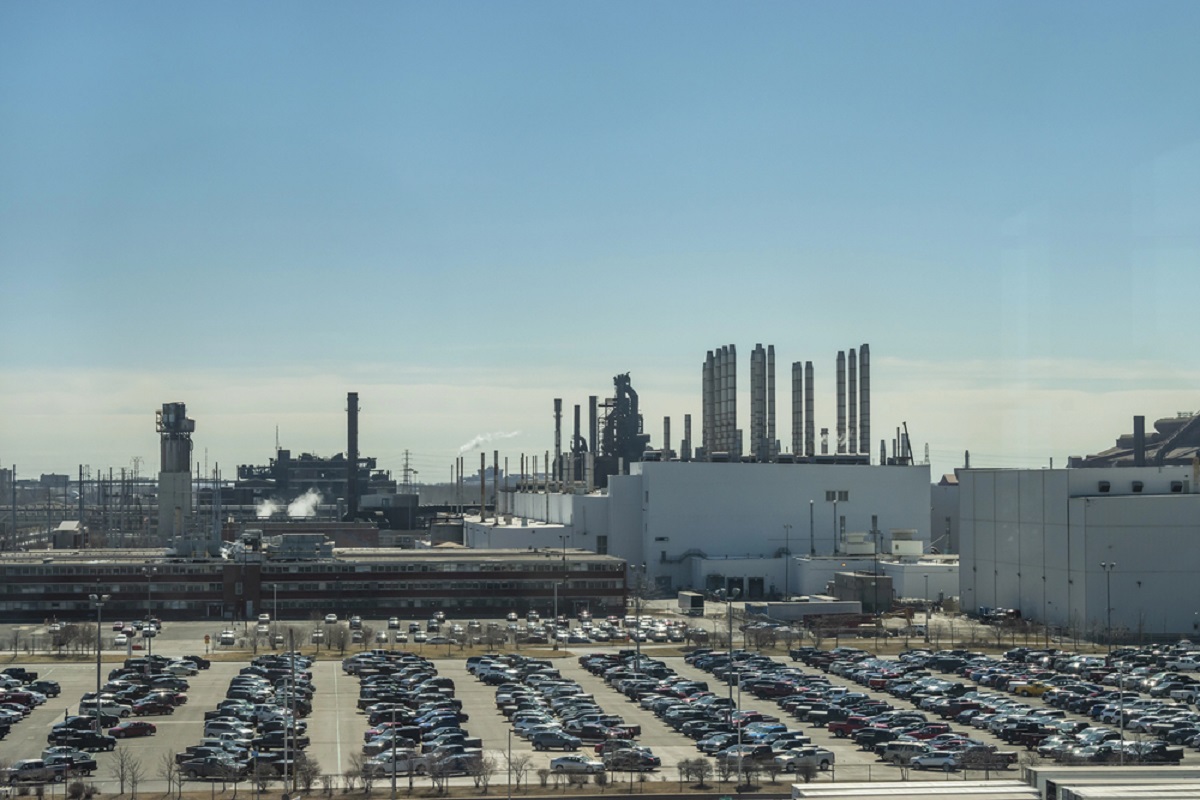
Henry Ford’s legendary River Rouge complex changed the course of industrial history. It pioneered vertical integration, where raw materials entered one end and cars rolled out the other. Its scale and innovation earned it a spot in business textbooks and possibly in cultural heritage as well.
BMW Welt & Plant – Munich, Germany
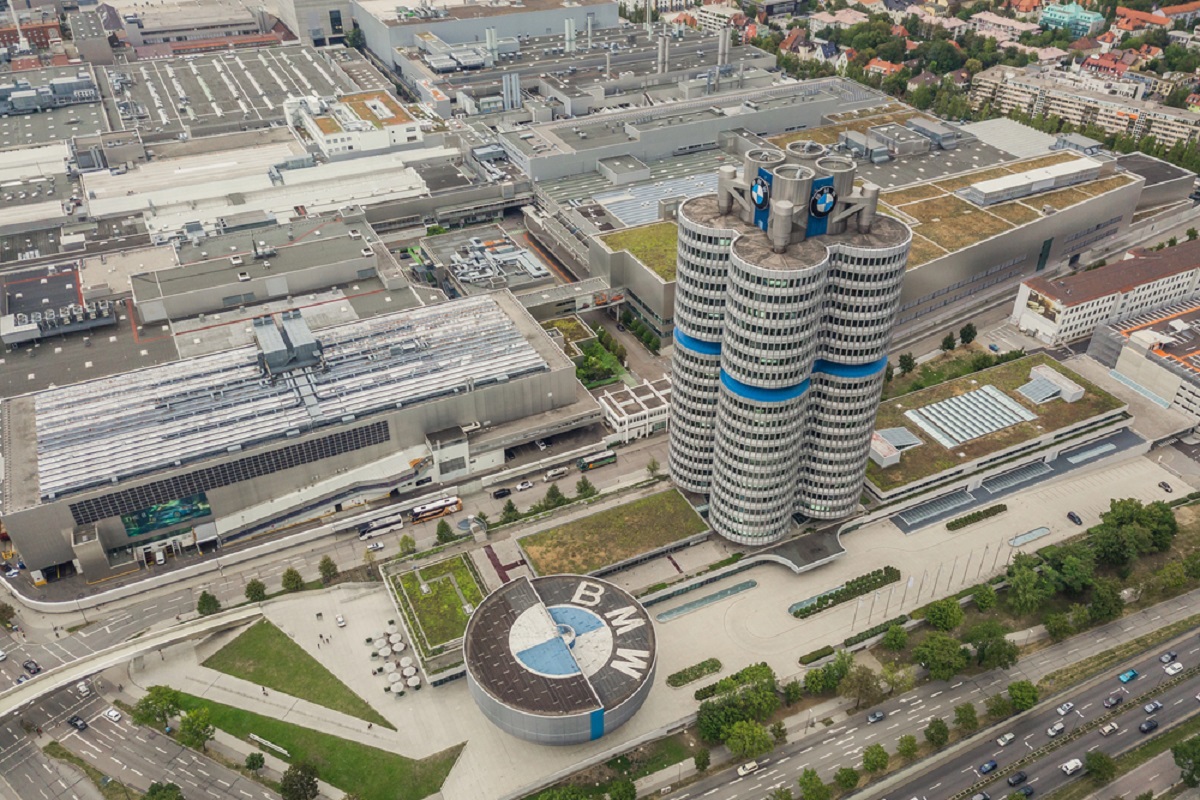
BMW’s Munich plant combines ultra-modern manufacturing with an interactive museum and architectural marvels like BMW Welt. Visitors can watch precision engineering unfold while learning the brand’s deep Bavarian roots. The fusion of design, heritage, and efficiency here makes it one of Germany’s proudest industrial achievements.
Volkswagen Wolfsburg Plant – Wolfsburg, Germany
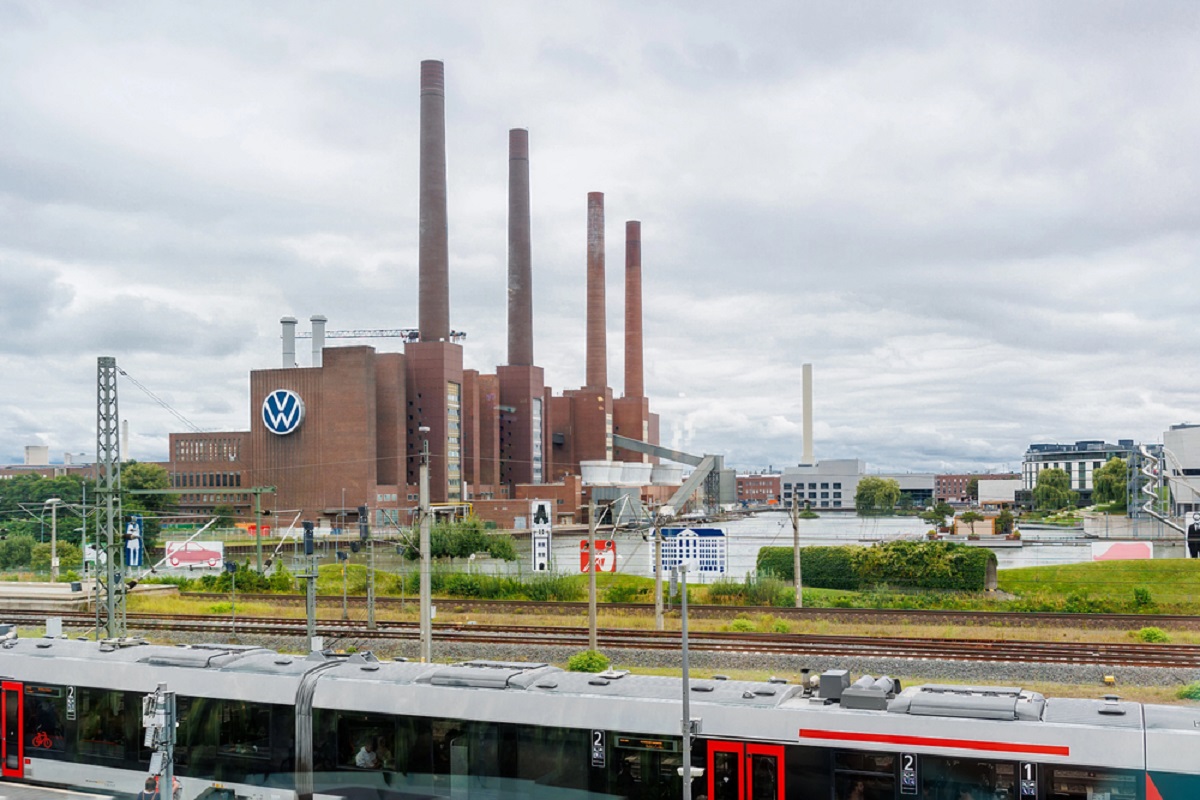
This is the largest car manufacturing facility in the world, producing thousands of vehicles daily with German precision. Founded under controversial circumstances, it’s since evolved into a symbol of resilience and mass production. Its Autostadt campus also doubles as a tourist attraction with futuristic pavilions.
Related: 11 BMW Museum Cars So Revolutionary They Nearly Broke The Rules Of Design
Porsche Factory – Stuttgart-Zuffenhausen, Germany
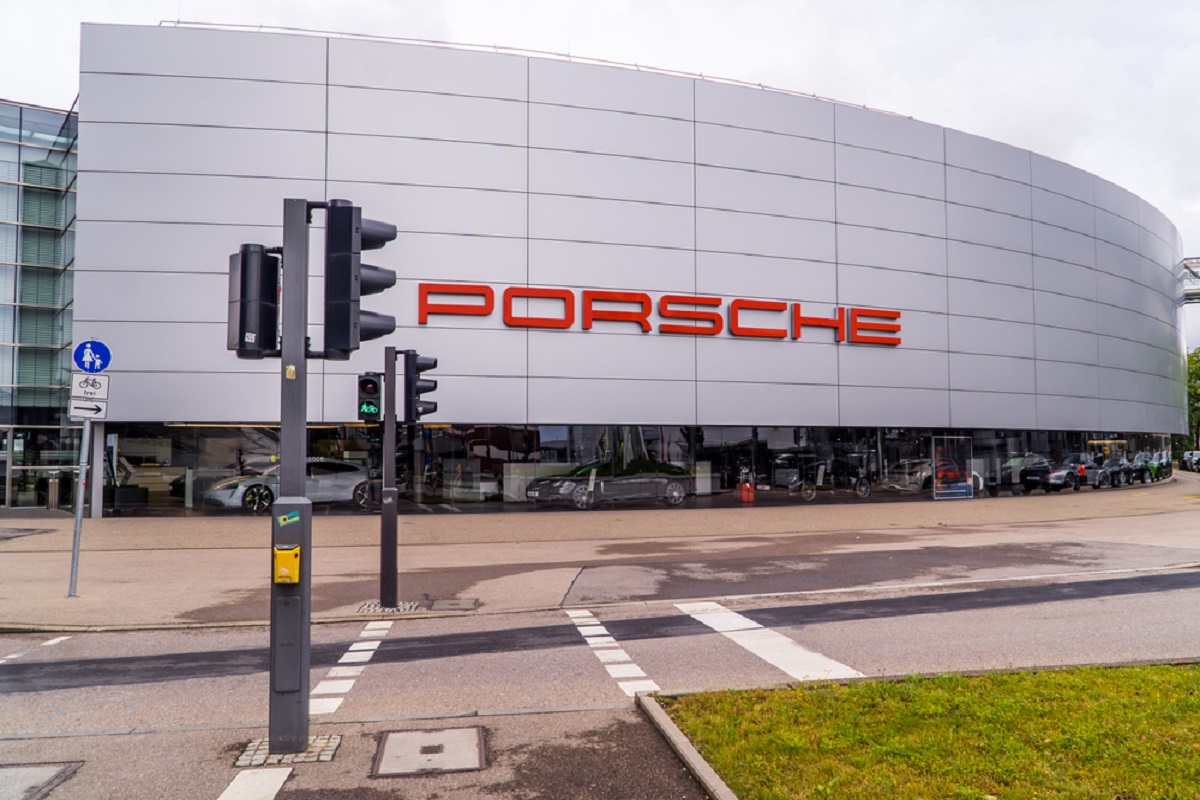
The spiritual home of the 911, this compact factory blends old-world craftsmanship with high-tech innovation. Here, precision manufacturing meets heritage, with many engines still assembled by hand to meet uncompromising standards. The museum nearby adds cultural depth, making it a pilgrimage site for motorsport and design fans alike.
Related: 12 Cars That Made Canadian Movies Cool
Lamborghini – Sant’Agata Bolognese, Italy
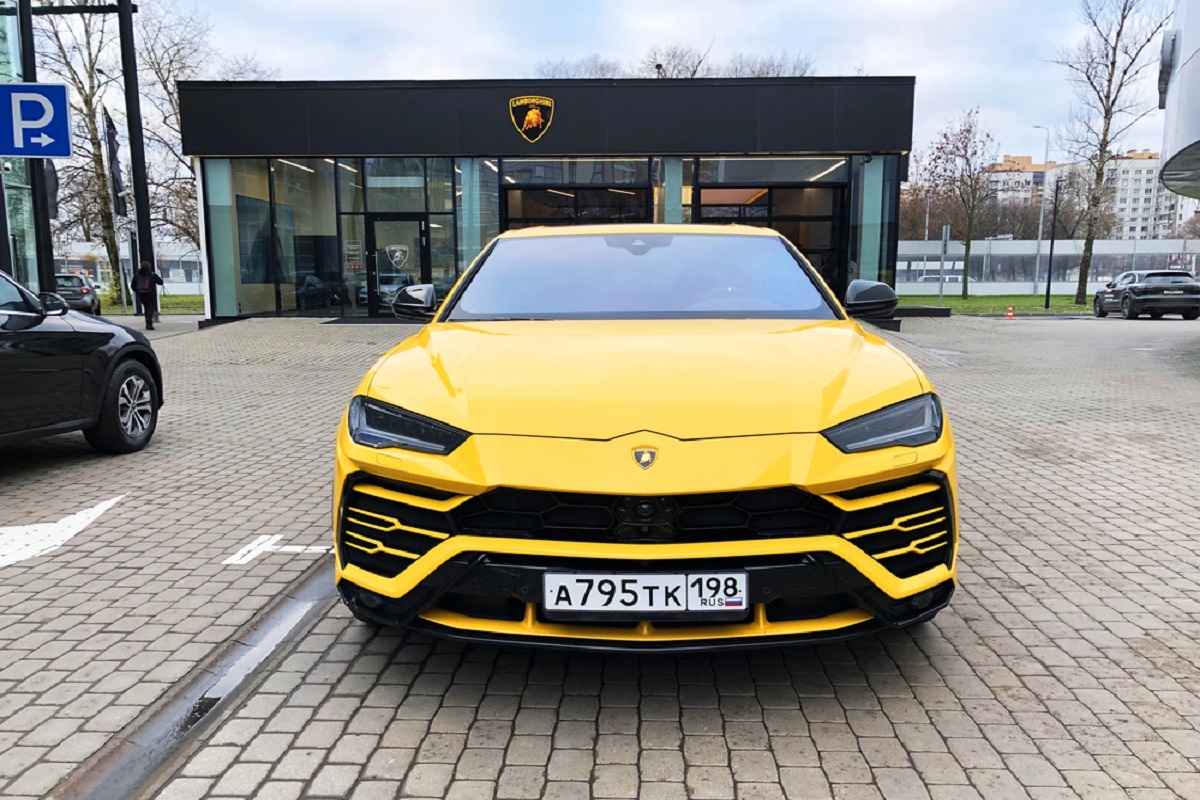
More boutique than mega-factory, Lamborghini’s facility oozes Italian flair, exotic aesthetics, and uncompromising power. The plant produces each car with a deep emphasis on detail, involving human craftsmanship over mass automation. It’s an immersive site where the drama of performance meets the elegance of sculpture.
Related: These 15 Deadly Roadside Dangers Put Truckers At Risk Every Day
Toyota City – Aichi Prefecture, Japan
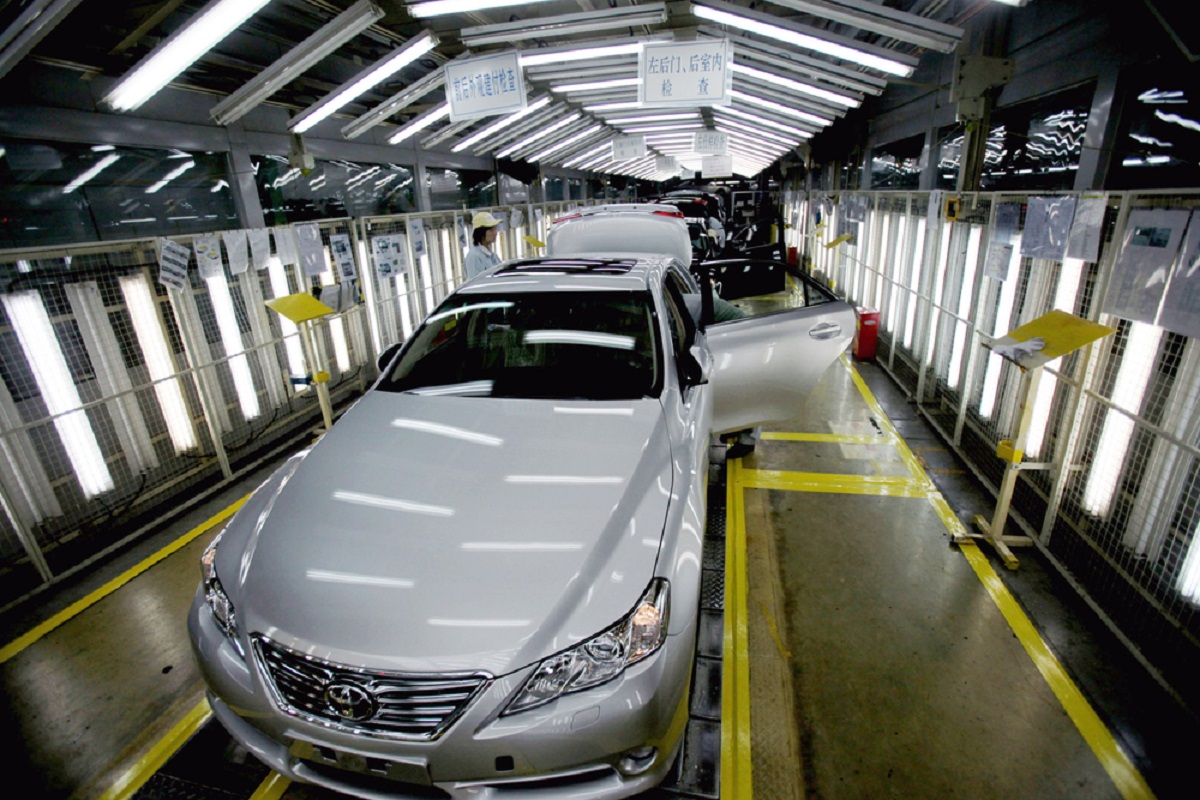
Toyota’s nerve center is a living classroom of the Toyota Production System, its famed Kaizen approach to lean manufacturing. Every process is optimized for sustainability, consistency, and minimal waste, offering a glimpse into the DNA of global manufacturing practices. The city-factory hybrid has become synonymous with reliable, high-volume output rooted in deep respect for process.
Related: Women In Trucking Are Breaking Stereotypes And Changing The Industry
Renault Flins Factory – Flins-sur-Seine, France
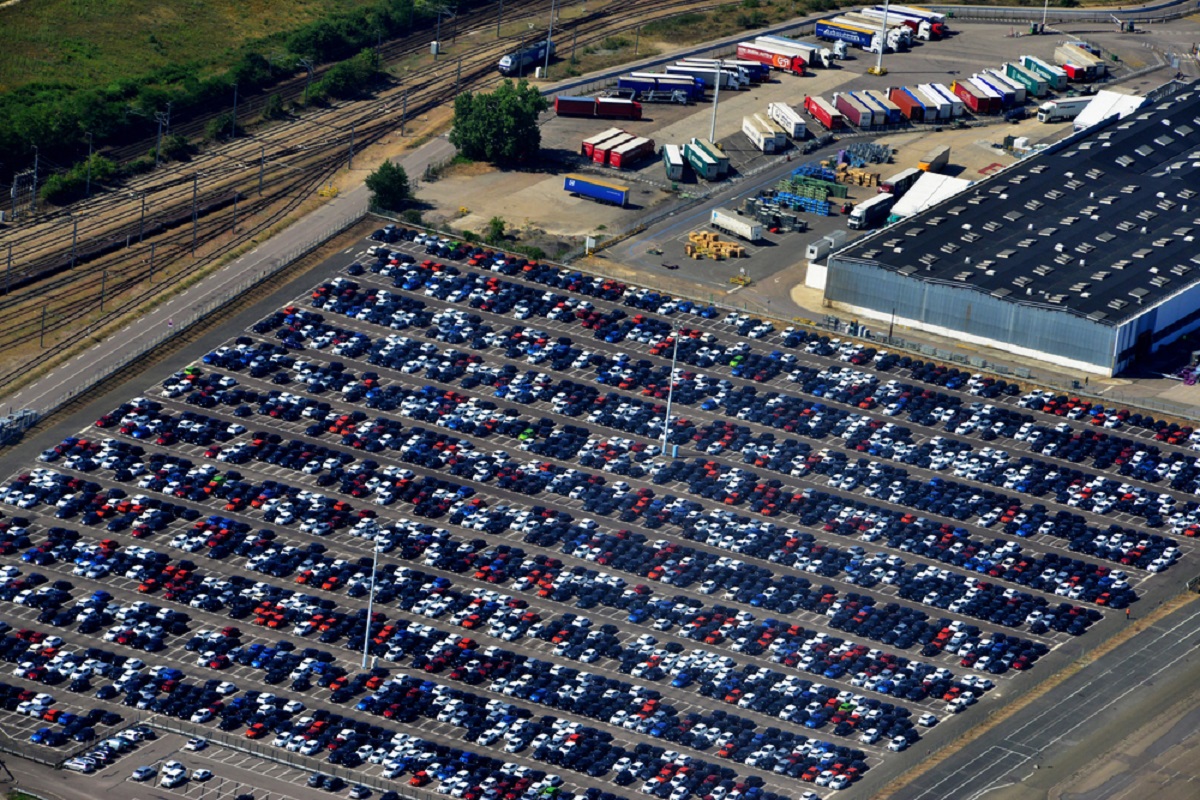
Operating since the post-war era, the Flins facility has seen Renault evolve through several eras, from family cars to electric mobility. The factory has undergone eco-friendly modernization, now actively recycling and incorporating green manufacturing. As one of the oldest active sites in the country, it’s both a workhorse and a national treasure.
Related: How Truckers Can Manage Their Money And Keep More Cash In Their Pocket
Tesla Gigafactory – Sparks, Nevada, USA
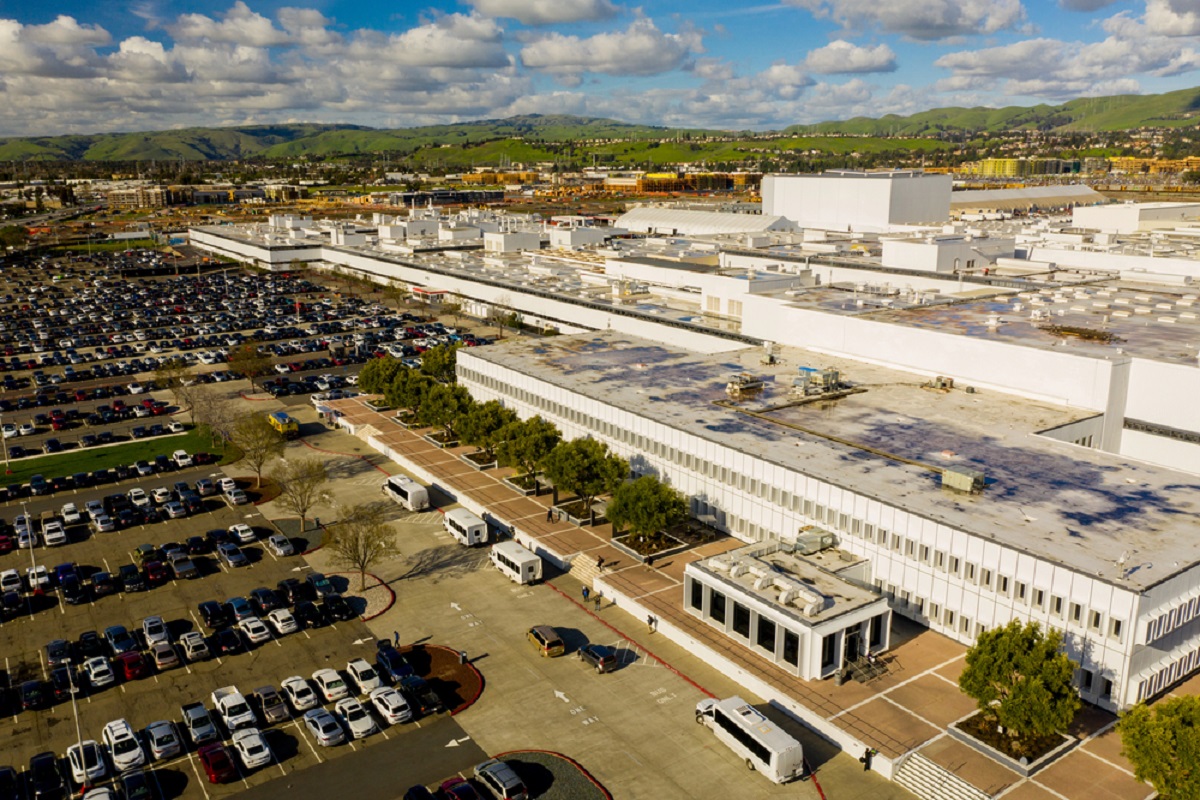
Elon Musk’s flagship production site reimagines what an auto factory can be, covering millions of square feet in scale and ambition. The Gigafactory produces EV batteries and vehicles under one roof while aiming for total sustainability and self-sufficiency. It symbolizes the future of mobility and could become the model blueprint for other clean-tech facilities.
Related: Truckers Swear These Are The Best GPS Systems In 2025
Rolls-Royce – Goodwood, England
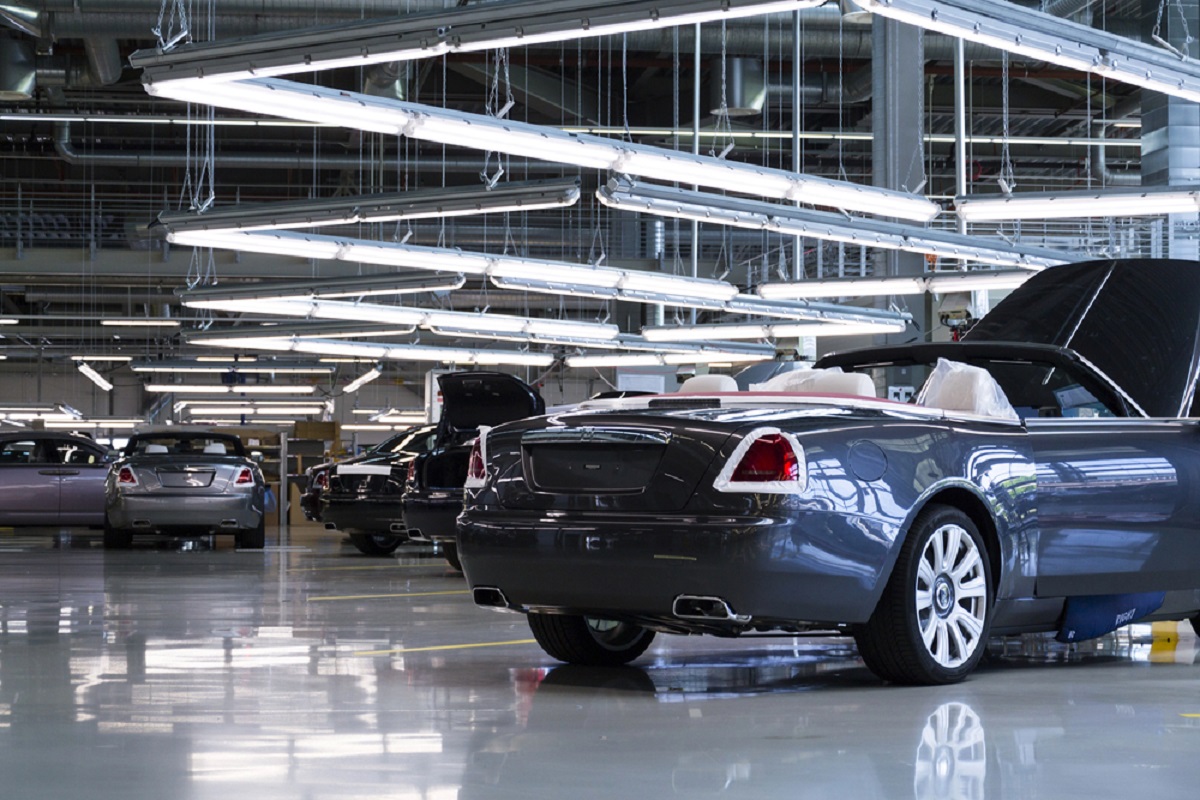
Nestled in the English countryside, this elegant factory elevates luxury car manufacturing to an artisanal experience. Every component, from wood veneers to leather stitching, is hand-finished with obsessive precision and quality control. The building itself is designed with environmental harmony in mind, using natural light and green roofing.
Related: Car Experts Swear By This 12 Spring Maintenance Hack For A Smoother, Safer Ride
Aston Martin – Gaydon, England
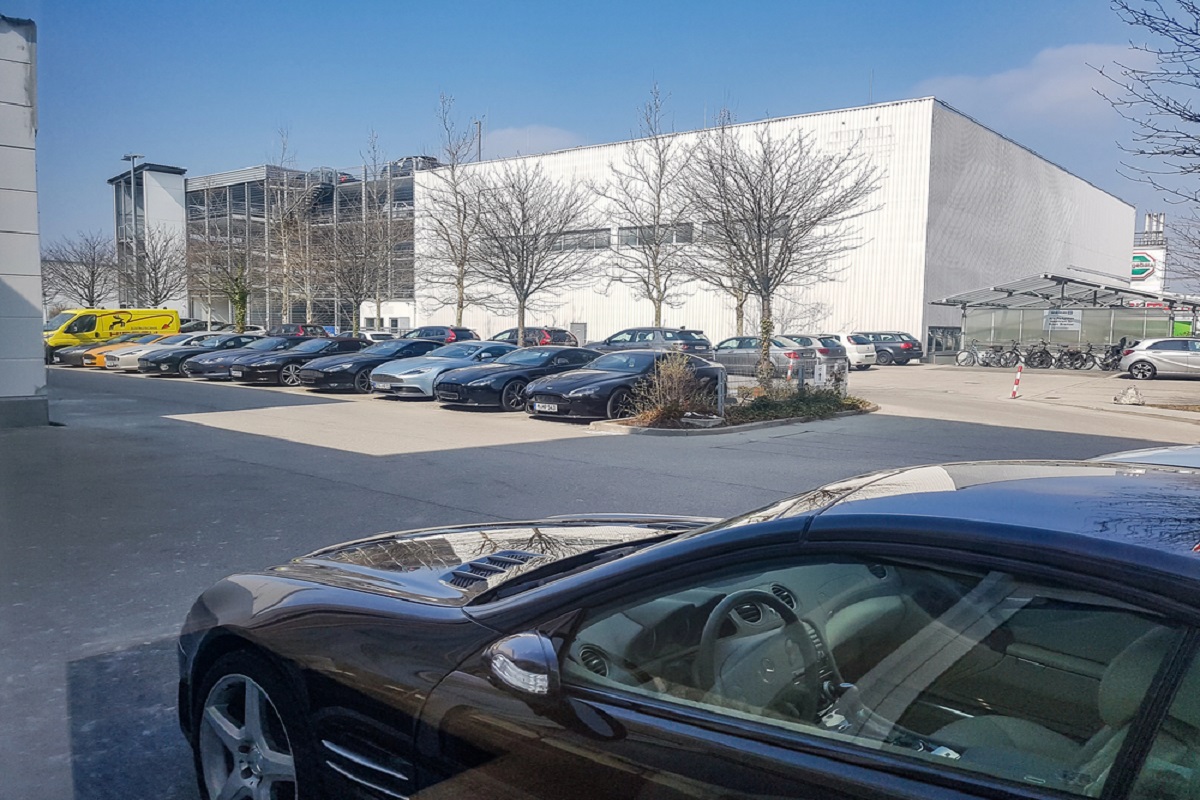
This facility produces some of Britain’s most iconic performance vehicles, blending advanced robotics with hand-assembly. Aston Martin’s strong cinematic ties and classic appeal bring a mythic quality to its operations. The design center and test track on-site offer an immersive glimpse into both legacy and cutting-edge engineering.
Related: Skipping This Post Winter Car Checkup Could Cost You Thousands
Alfa Romeo – Arese, Italy
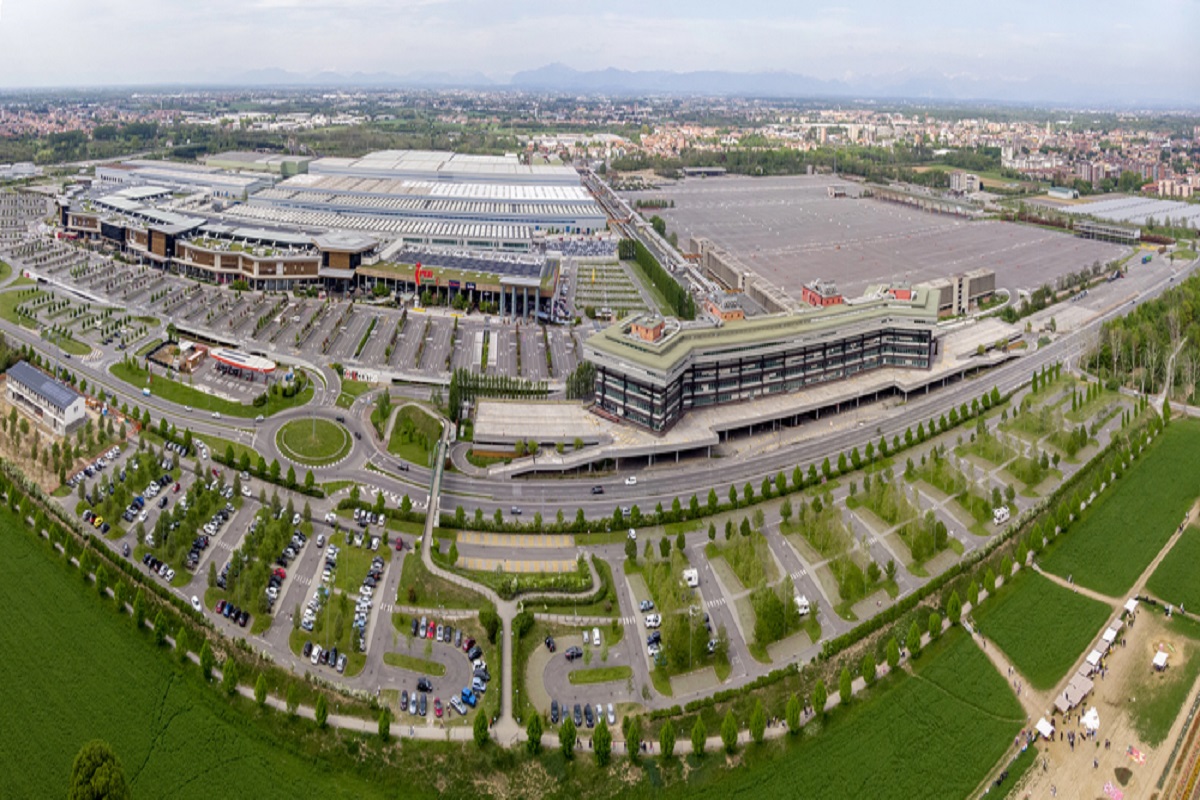
Though no longer in full operation, the plant once symbolized Italian design brilliance and fierce motorsport spirit. It produced some of Alfa’s most iconic models and now houses a breathtaking museum chronicling decades of innovation. The preserved architecture and vehicles offer a tangible link to automotive artistry.
Related: The Best Spring Deals You Can’t Afford To Miss With Dropping Car Prices
Honda Sayama Plant – Sayama, Japan
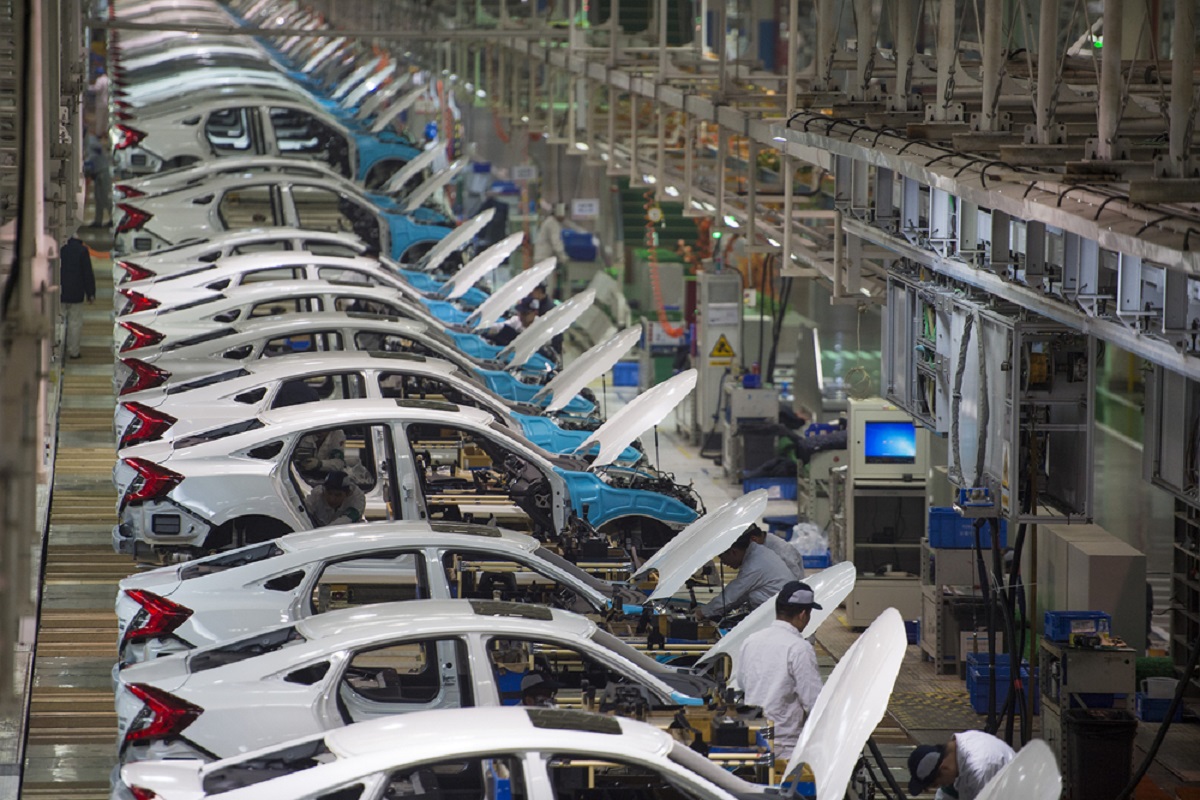
This plant was central to Honda’s rise in global markets, producing high-demand models with an emphasis on efficiency and precision. Its recent closure marks the end of an era, but its influence on global reliability standards is enduring. For decades, it stood as a testament to practical innovation and brand identity.
Related: 12 Jaw-Dropping Ways Car to Car Tech Will Transform Traffic Forever
Subaru – Gunma, Japan
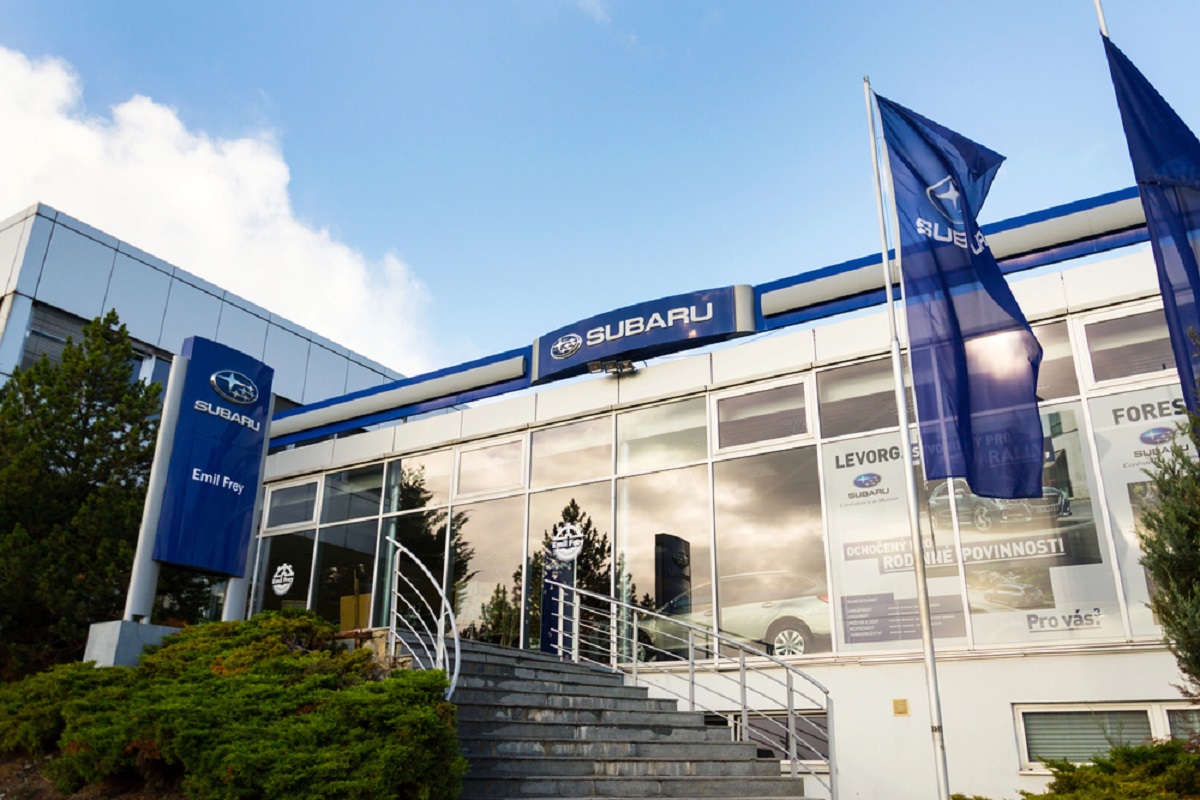
The Gunma facility builds every Subaru model with symmetrical all-wheel drive and boxer engines, both signature features. Beyond function, it embodies Subaru’s image as a rugged, loyal brand aligned with adventure and dependability. The bond between the factory, its workforce, and Subaru enthusiasts forms a unique, heartfelt community.
Related: 11 Extreme Sand Cars Built To Conquer The Harshest Landscapes
Volvo Torslanda Plant – Gothenburg, Sweden
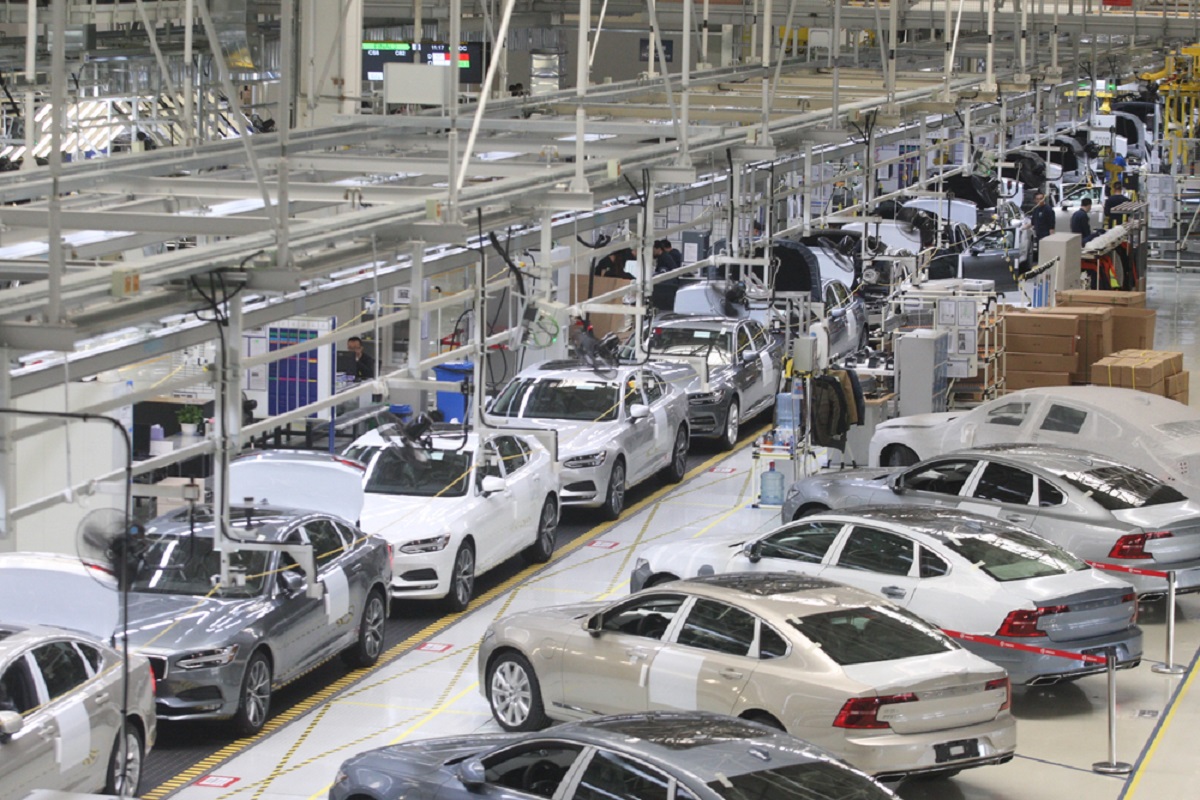
Opened in 1964, this plant set new standards for worker safety and vehicle quality. It pioneered ergonomic production layouts, automation systems, and low-impact environmental practices. As the birthplace of Volvo’s safety-first philosophy, it stands as a beacon of humane industrial innovation.
Related: 12 Insanely Fast Remote Control Cars That’ll Leave You In Shock
These factories are more than just production lines, they are cultural landmarks, places where history meets the present and innovation becomes tangible. Each facility has played a unique role in shaping car culture, manufacturing evolution, or both. From sleek Italian design centers to sprawling German complexes, their stories deserve preservation. Recognizing these places could elevate the appreciation of cars from machines to meaningful cultural artifacts.
Disclaimer: This list is solely the author’s opinion based on research and publicly available information.
12 Biggest Car Production Lines on Earth

The automotive industry is powered by massive production lines that churn out millions of vehicles every year. These factories use cutting-edge technology, automation, and skilled labor to keep up with global demand. From Asia to North America and Europe, some of the biggest car plants are capable of producing thousands of vehicles daily. Here are the 12 largest car production lines on Earth that keep the world moving.
Read it here: 12 Biggest Car Production Lines on Earth
12 Shocking Facts About How Robots Are Changing Car Manufacturing Forever
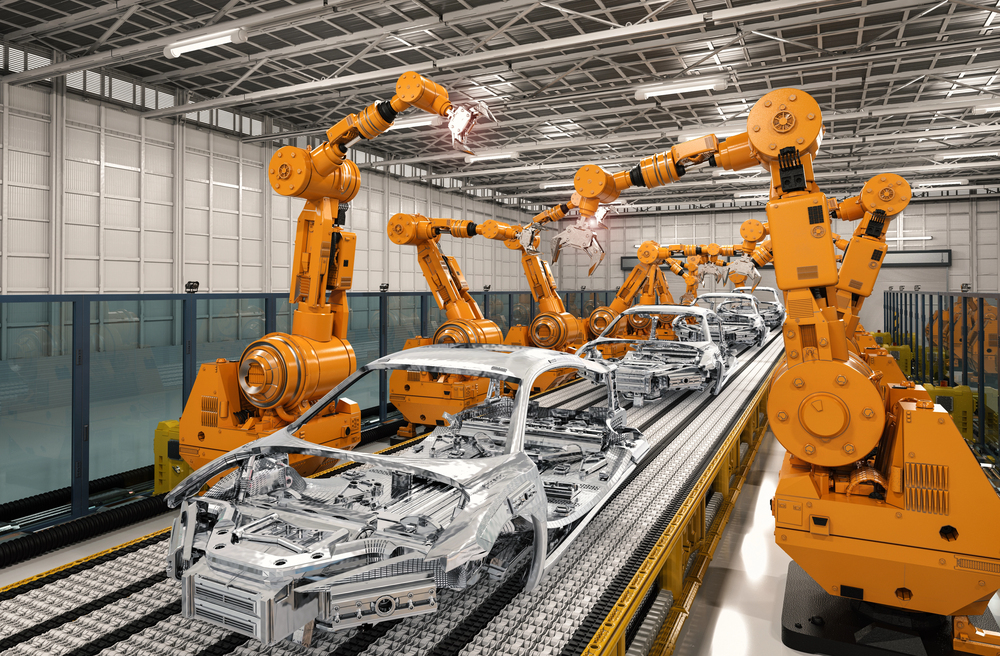
Automation has taken over car manufacturing in ways that were unimaginable just a few decades ago. Robots are now assembling vehicles with mind-blowing precision, improving safety, and even making real time decisions on the production line. These 12 shocking facts prove that car manufacturing will never be the same again.
Read it here: 12 Shocking Facts About How Robots Are Changing Car Manufacturing Forever
14 Car Manufacturers You Didn’t Know Are Fueling F1’s Greatest Teams

Formula 1 is often associated with iconic brands like Ferrari, Mercedes, and Red Bull, but many lesser known manufacturers play a crucial role behind the scenes. These companies provide engines, technology, and engineering expertise that power some of the fastest cars on the planet. While they may not always be front and center, their contributions have shaped the sport’s success. Here are 14 car manufacturers you might not realize are fueling F1’s greatest teams.
Read it here: 14 Car Manufacturers You Didn’t Know Are Fueling F1’s Greatest Teams
You’ll love these related posts:
- 12 Cars That Went Full Throttle In Canadian Road Movies
- 12 Costly Uber Slipups Parents Make Every Spring When Traveling with Kids
- 12 JDM Legends Gaining Value Fast This Spring Before They Become Unaffordable
- These 13 Denton Junkyard Finds Looked Like Scrap Until Their Real Value Was Revealed”
- 11 Tesla Cyber Van Robo Taxi Details That Are Raising Serious Questions


